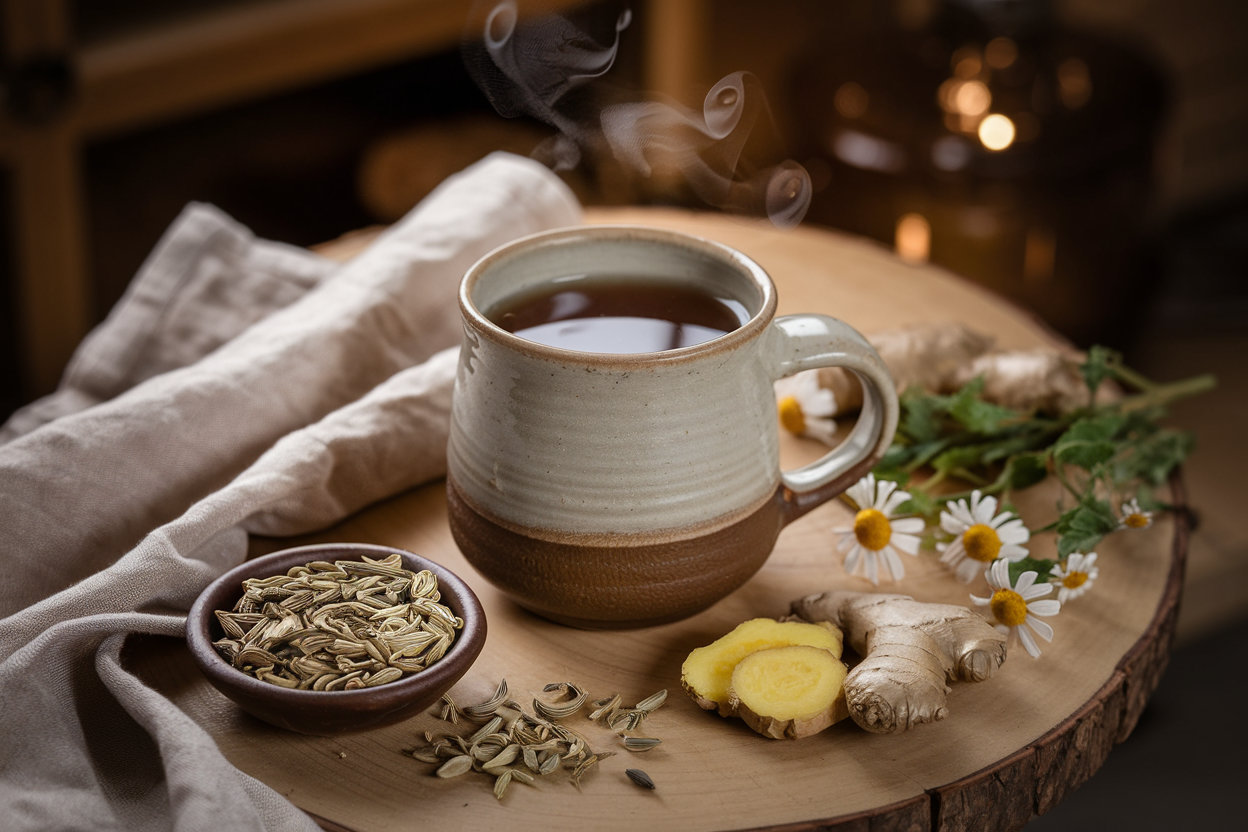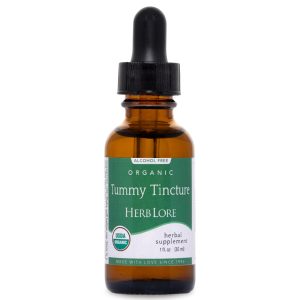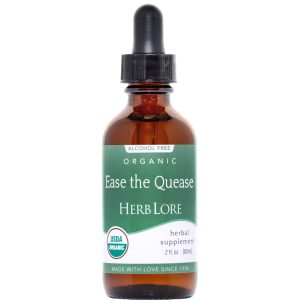Natural Remedies for Gas and Bloating: Gentle Ways to Soothe Your Gut
We’ve all had days when our belly feels more balloon than body—tight pants, noisy guts, and all. Gas and bloating may not be glamorous, but they’re common as dirt. And while they’re usually harmless, they sure can make you feel miserable.
The good news? You don’t have to raid the medicine cabinet. Nature’s been dealing with tummy troubles longer than we’ve had refrigerators. With a little awareness and a few herbal allies, you can get back to feeling like yourself again.
What’s Behind the Bloat?
Gas and bloating don’t just sneak up out of nowhere. They’re your body waving a flag, saying something’s off. Sometimes it’s what you ate. Sometimes it’s how you ate. Sometimes your gut is just in a mood.
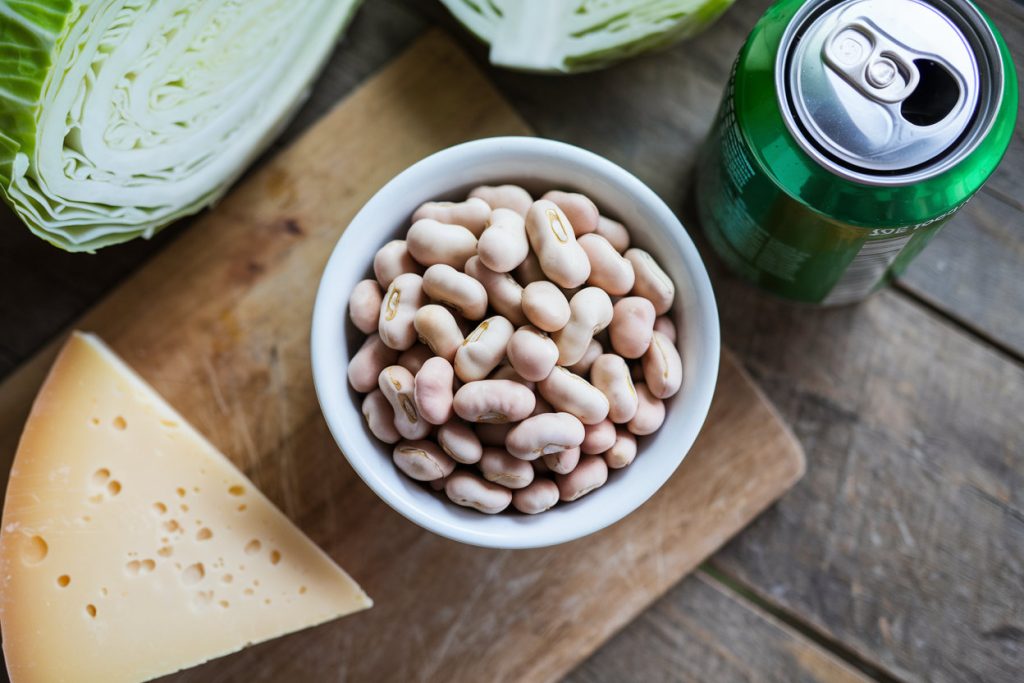
Let’s take a closer look at the usual suspects.
Common Food Triggers
Some foods just love to stir up drama in your gut. Here are a few known rabble-rousers:
- Beans & Lentils – Full of fiber and tricky sugars that your gut bacteria feast on, which leads to gas. Soaking them before cooking helps lessen the effect.
- Dairy – If you’re lactose-intolerant (and many are), milk and cheese can set off fermentation fireworks in your belly. Learn more from Mayo Clinic.
- Cruciferous Veggies – Broccoli, cabbage, Brussels sprouts. Great for your health, but they contain raffinose, a sugar that’s hard to digest.
- Artificial Sweeteners & Sugar Alcohols – Sorbitol, xylitol, and their kin are often found in sugar-free treats and gums. They can ferment in your gut and make things gassy.
- Whole Grains – High-fiber is great—but ramping up too quickly can cause more gas than you bargained for.
For a full breakdown of common gas-causing foods, Healthline has a good list.
Habits That Stir the Pot
It’s not always about what’s on your plate—sometimes it’s how you eat that does the damage.
- Eating too fast
- Talking while chewing
- Sipping through straws or bottles
- Chewing gum all day
- Wearing pants so tight you can’t sit down without unbuttoning them
- Sitting too long without moving
These habits can trap air, slow digestion, and leave you feeling puffed up like a blowfish. Even gentle movement after a meal can help your system move things along more naturally.
Time-Tested Herbs That Actually Help
Our ancestors didn’t need lab reports to know which herbs helped a bloated belly. But science is finally catching up and giving those remedies a nod of approval.
Herbal Teas Worth Brewing
- Peppermint Tea – Contains menthol, which relaxes digestive muscles. It’s one of the best for letting gas pass quietly (and gracefully).
- Chamomile Tea – Calms both you and your gut. Great if your bloating is stress-related or your digestion just feels “off.” You don’t need a tea bag either—a few drops of chamomile tincture in warm water makes a soothing tea in no time.
- Fennel Tea – Helps ease gut spasms and encourages trapped gas to move along. Slightly sweet and often loved even by those who think they hate tea. Fennel tincture can be just as easy—add a few drops to warm water or even straight into your favorite tea for extra belly support.
For an overview of teas that support digestion, this guide from Healthline is helpful.
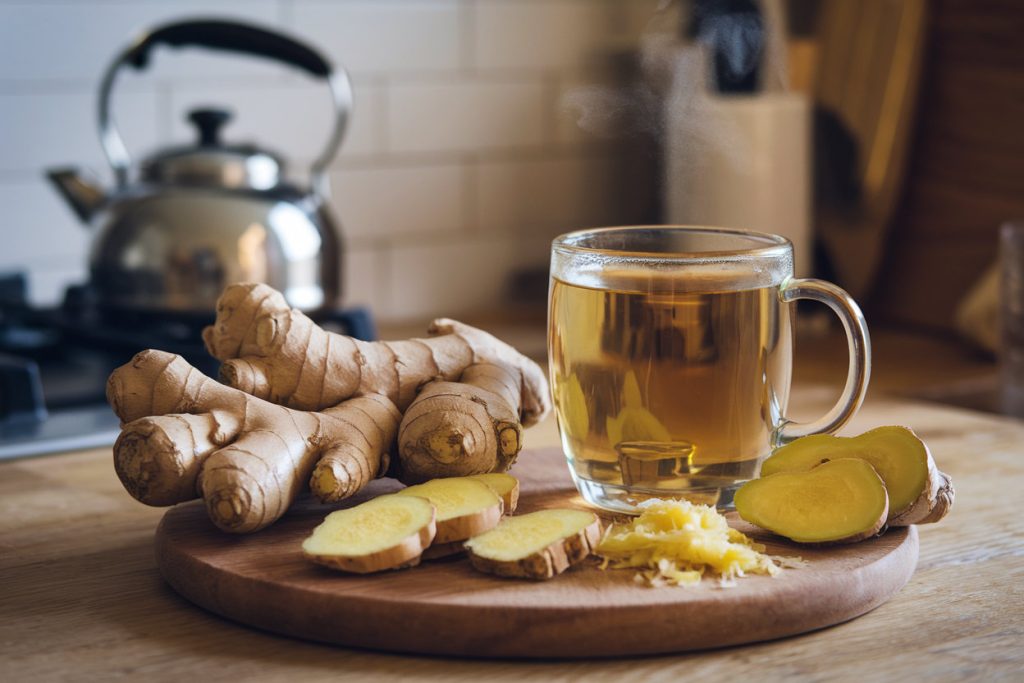
Ginger: A Spicy Gut Ally
Fresh, dried, or steeped—ginger is a champion for sluggish digestion. It’s anti-inflammatory, encourages stomach emptying, and calms the kind of belly that feels both full and off at the same time.
Try:
- Ginger tea before meals
- Grating it fresh into meals
- Chewing a thin slice or trying ginger chews (look for real ginger on the label)
Curious about the research behind ginger? Here’s a great breakdown from Healthline.
Apple Cider Vinegar and Baking Soda
You’ve probably heard about these two as go-to gas remedies, but results can vary.
- Apple Cider Vinegar – Often taken diluted in water before meals to support digestion. Some folks swear by it, though the science is still mixed. It may help stimulate stomach juices, but it can irritate sensitive stomachs.
- Baking Soda – A pinch in water can neutralize stomach acid, but the fizz can backfire if you’re already gassy. It’s not a long-term solution.
Use these sparingly, and always listen to your body. Healthline breaks it down well here, and here’s another on trapped gas.
Eating Smarter for Less Bloating
You don’t need a brand-new diet—just a few tweaks that can make a big difference.
- Chew your food well
- Eat smaller meals more often
- Skip soda and sparkling water
- Stay upright after eating
- Watch out for sneaky air traps like gum, straws, and tight belts
If your gut’s still acting up, consider trying a low-FODMAP diet. These are carbs that some people can’t digest well, leading to bloating and gas. The diet starts with removing high-FODMAP foods, then slowly adding them back to find what triggers your system.
For a beginner’s guide, check out Cleveland Clinic and Hopkins Medicine.
Move, Breathe, Relax: Gentle Gut Support
Your gut doesn’t operate in a vacuum. It’s deeply tied to your nervous system. The more stressed or sluggish you feel, the more likely bloating is to creep in.
Simple Movement Helps
- Post-meal walks help gas move along naturally
- Gentle yoga poses like knees-to-chest, twists, and cat-cow can help ease pressure
Even five minutes makes a difference. Sonima has a great list of yoga poses for digestion.
Massage and Heat
- Try gentle abdominal massage in a clockwise direction to help gas move along your colon. Michigan Medicine offers a how-to.
- Use a heating pad or warm compress on your belly to relax muscles and encourage gas release.
Stress Matters
Stress messes with digestion more than most folks realize. The gut and brain are connected, so calming your nervous system can calm your stomach.
Helpful tools:
- Deep breathing
- Mindfulness or meditation
- Gentle stretching
Harvard’s article on stress and digestion is worth a read if you want to understand the link more deeply.
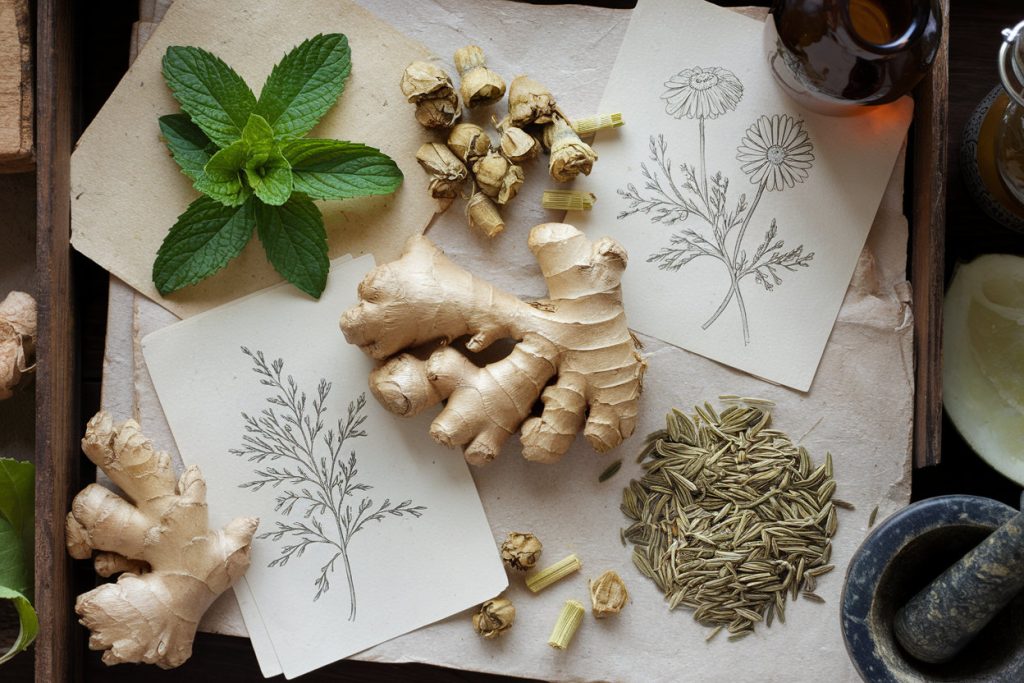
What the Science Says
Herbal wisdom is finally getting the research it deserves. Studies are showing how herbs like fennel, peppermint, ginger, and chamomile really do help calm digestive spasms and support gut flow.
- This study on herbal digestive remedies offers a solid breakdown.
- This 2024 review covers traditional blends including Chinese herbal formulas.
- For probiotics, check out Frontiers in Microbiology and NIH’s probiotic overview.
When It’s More Than Just Bloating
Most of the time, you’ll feel better with a little tea, movement, and mindful eating. But if your symptoms change or escalate, it’s time to call your provider.
Watch for:
- Sharp or ongoing pain
- Blood in stool
- Sudden weight loss
- Vomiting or black stools
- Hard, distended abdomen
These signs could point to something deeper. Brigham and Women’s Hospital has a good reference guide.
If something feels off, don’t second-guess yourself. Listen to your body. Trust it. And when in doubt, get it checked.

